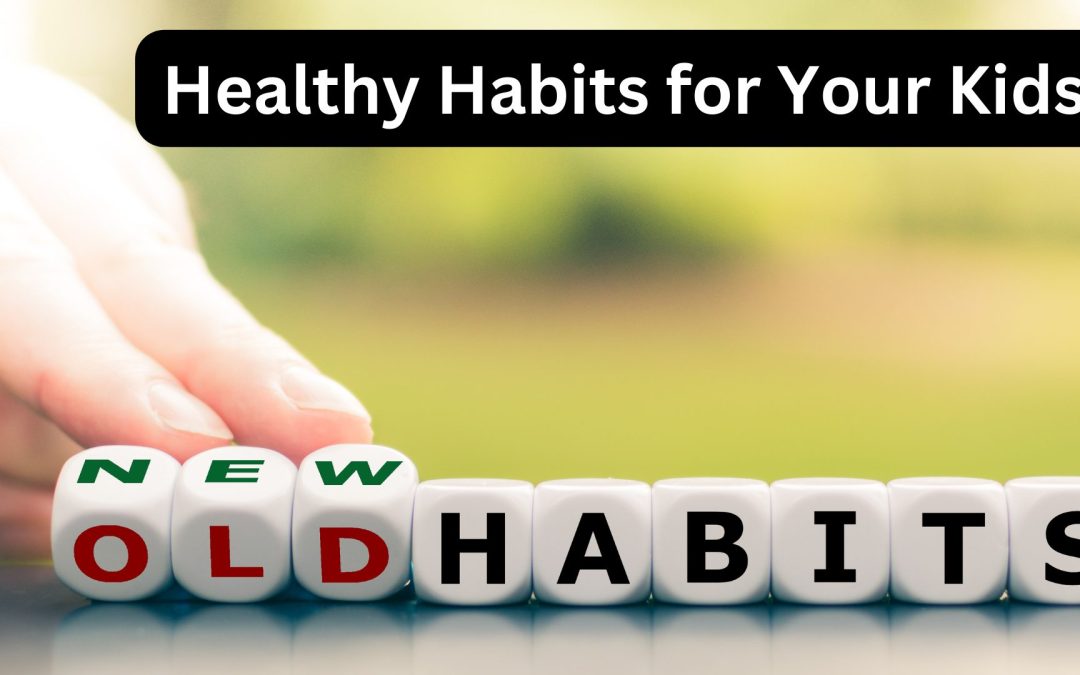In today’s busy world, it can seem almost impossible having everyone gathered at home for one home-cooked meal a week. Between school and sports, work, meetings, and all the chores and errands in your family’s schedule, the last thing you may feel like doing is preparing and cooking a full meal. But making sure your family is eating healthy enough can be challenging when meals are frozen or incomplete.
One Meal Can’t Hurt
And it is true that one meal here and there that is not the healthiest probably will not break the bank in your children’s diet. Even if your children are young and picky eaters, there are still ways you can slip some healthy items into their food without them knowing. And despite your best efforts, if all they truly want to eat is Pop Tarts for dinner, so be it. It can be difficult making sure every meal for your children is perfectly proportioned and contains all the right vitamins and calories they need. But if those dinners of popcorn or just potato chips happen infrequently, don’t worry.
Setting Some Rules
But of course, if your child knows they can have something tasty and maybe not the greatest for them every once in a while, they may be hoping they can increase those fun dinners. So, it is also very important to set some boundaries or rules around meals as well. Having your children taste and eat as much as you can as young as you can will make the process easier. They may be more likely to enjoy some healthier foods if they tasted it and liked it when they were younger and grow up eating it often as opposed to making them try Brussel sprouts when they are ten years old!
Ideally, you still want to limit some of the less than stellar food and drink items available, like soda, candy, and fast food. All foods in moderation are not going to be disastrous to your child’s health, and being able to eat them rarely can help curb any cravings or binging from kids who may never have sugar and then eat a whole candy bar for the first time.
Your Kid’s Viewpoint
Make sure to explain why you want to limit these foods to your kids, and even if they grumble and say it is not that bad for them, make sure as they get older that they understand it can cause problems. It can often be too easy creating some fear around food for your kids, so make sure you can keep it less emotion-based and more factual based about their food and meals. Kids can easily fall into diets and eating habits that can become troubling but with you by their side explaining what is healthy and what is not, they will be set for life!
Katie Kyzivat

